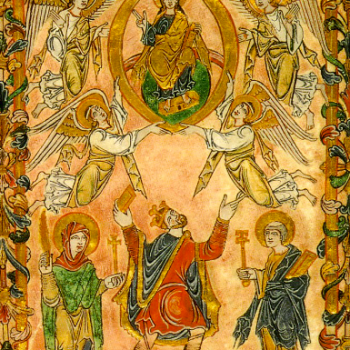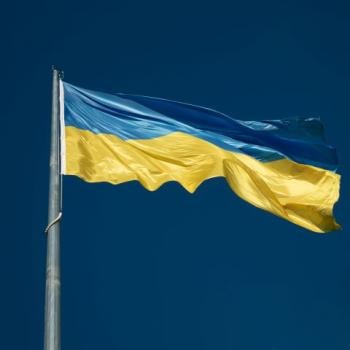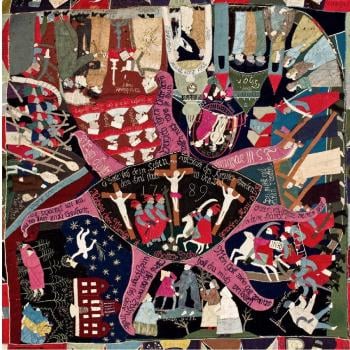Two doctoral students have formed and incorporated a society to further academic work in French on Mormonism: Institut Français pour la Recherche sur le Mormonisme (IFReM). Time will tell, but I have hopes that the institute will succeed. It's successes are likely to be modest, but even modest success would be a good thing for Mormon studies.
I've long known that we American academics tend toward a kind of provincialism. We tend to believe that any good work in our discipline must be in English. I've seen this in my own discipline, philosophy, where American philosophers will speak of philosophy as if all of it happens in English: "No philosopher says X," meaning that no English-speaking philosopher does.
In spite of my awareness that a lot of interesting philosophical work goes on in other languages—French, Dutch, Korean, Japanese, and many more—and that most of it is unlikely to find a translator or a publisher, I have been guilty of a related provincialism, parallel to the philosophical provincialism I have known about for some time. I've been guilty of, on the one hand, insisting that Mormonism isn't a merely American phenomenon, but on the other hand, assuming that most of the scholarly work on Mormonism must surely be at American universities.
But I've been wrong. Claremont has a good Mormon studies program. Presumably the new program at the University of Virginia will be very good. Good work in Mormon studies is done at Utah State University, and Utah Valley University has a regular program of excellent Mormon studies conferences. One of the best of all such programs, however, is the work that is occurring at the University Michel de Montaigne, Bordeaux 3, under the direction of Professor Bernadette Rigal-Cellard. Americans need to pay more attention to these French kangaroos.





